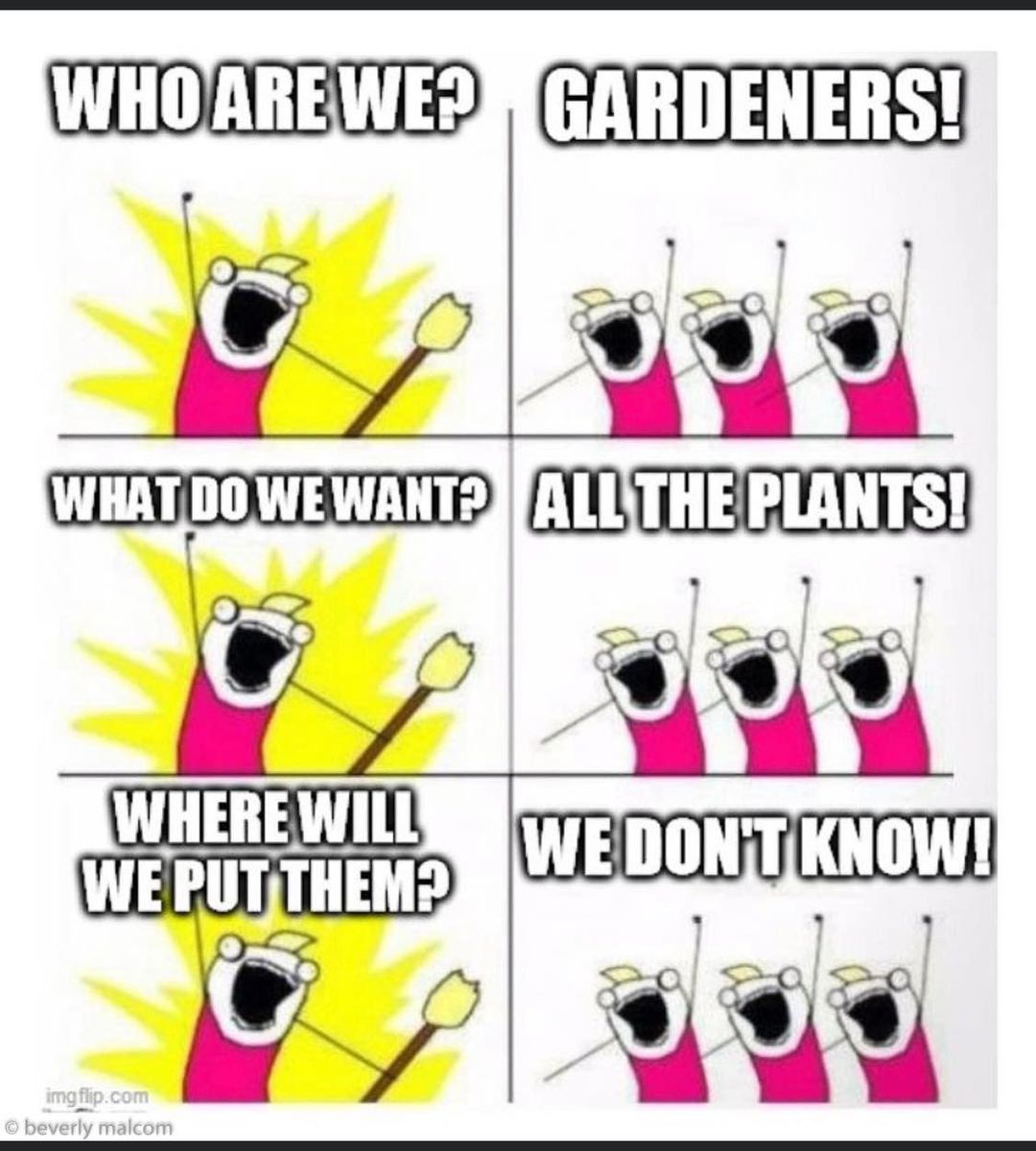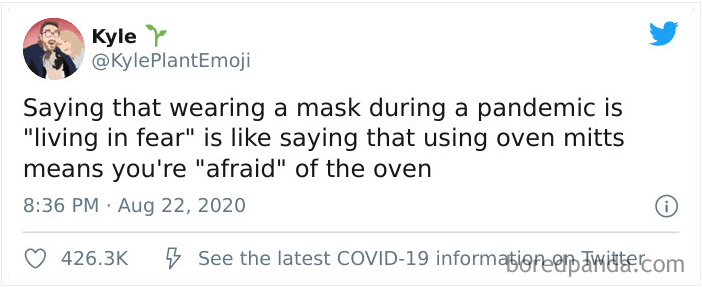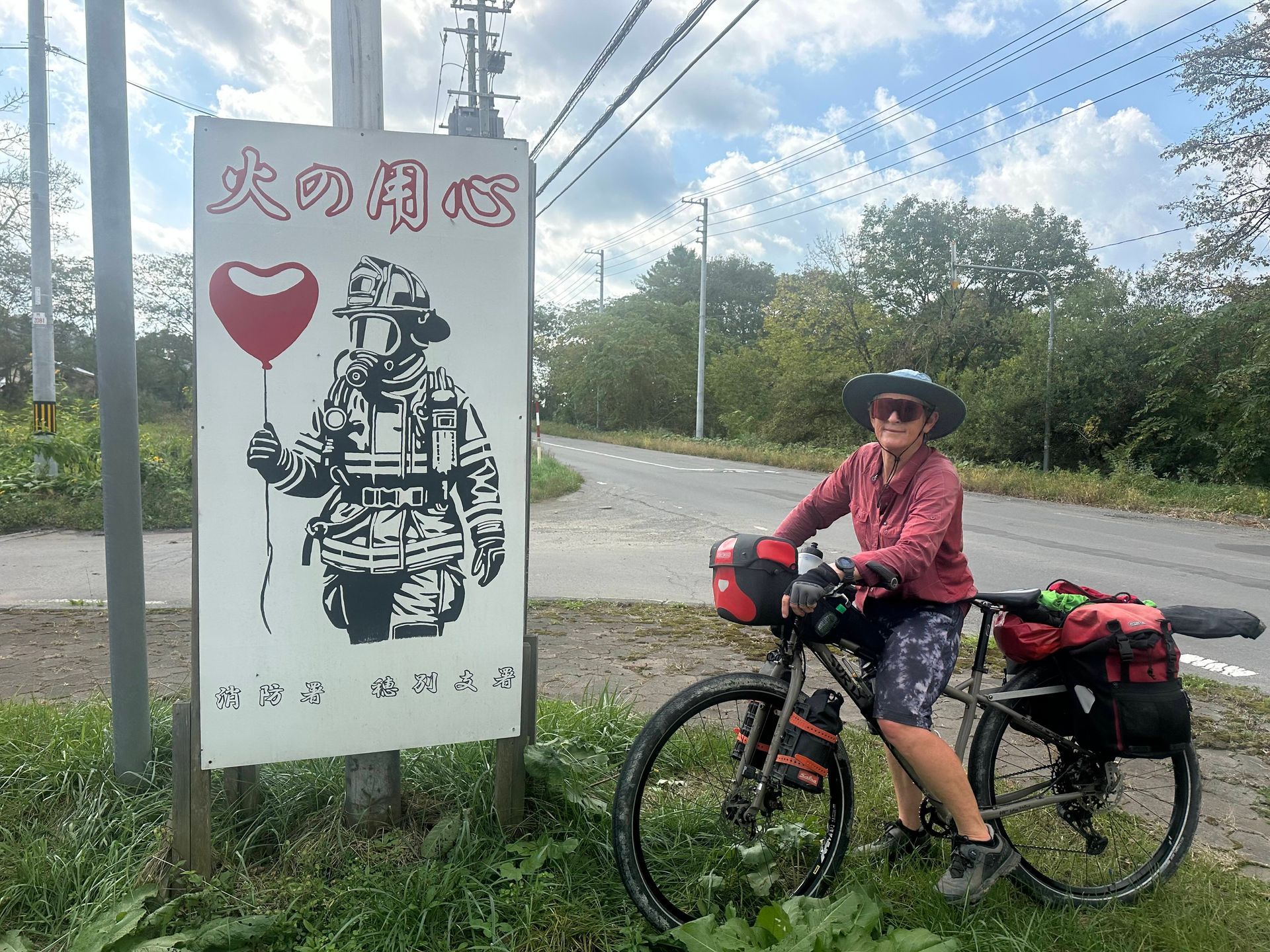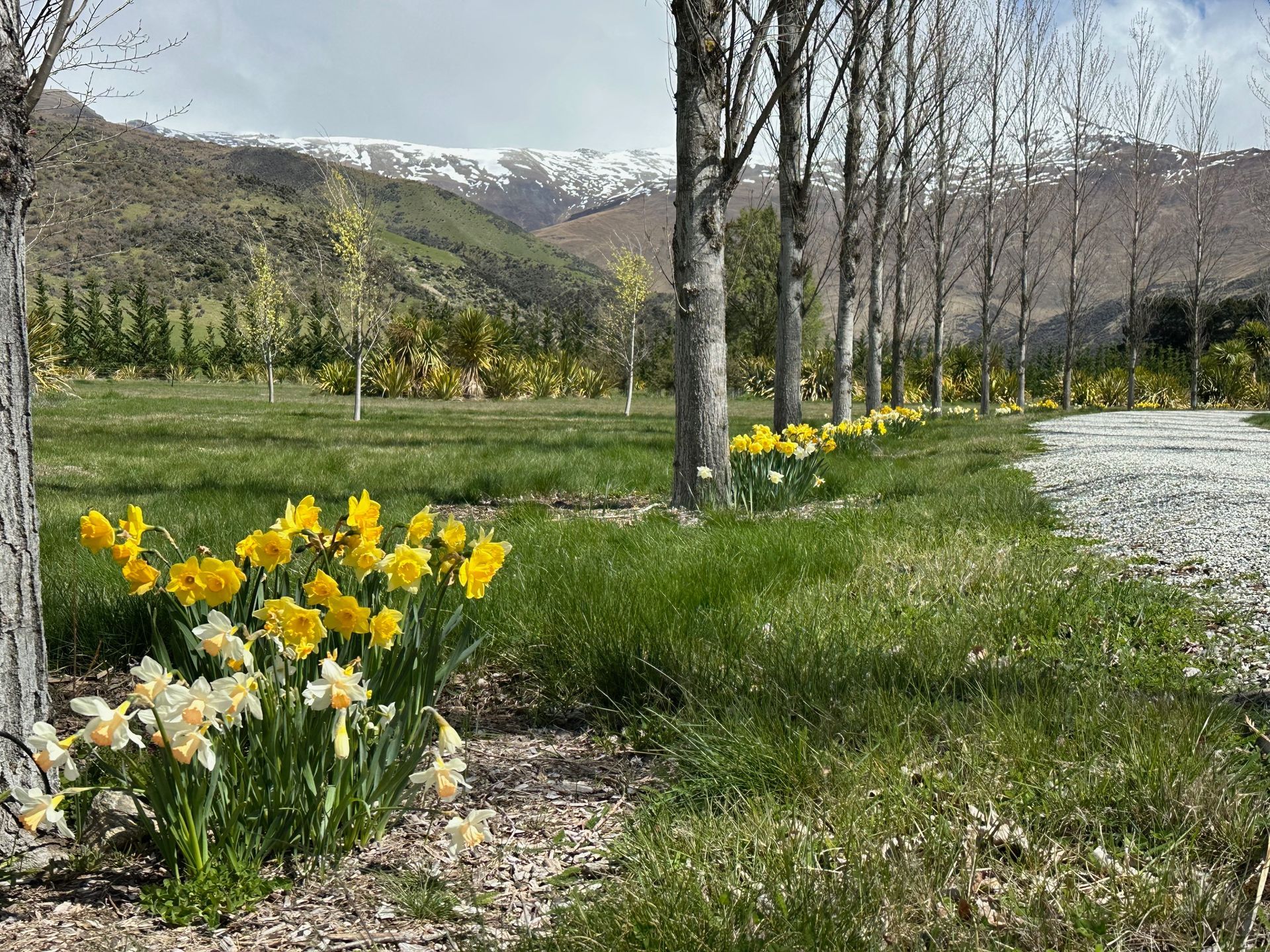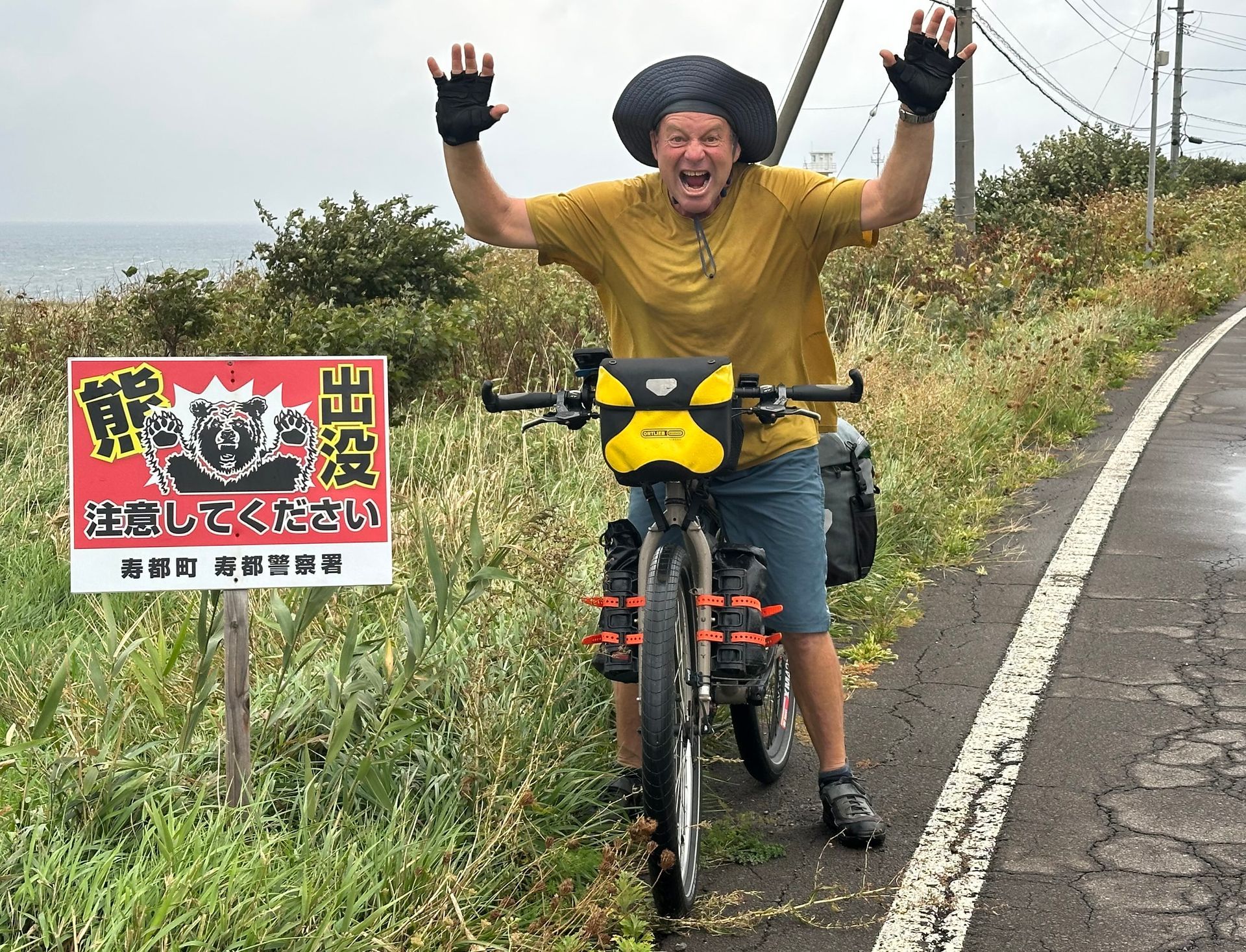So much need…so little money

I have recently been exposed to the degree of need in our community, a degree that reinforces my belief that society is reaching its limits in a whole lot of ways. I am a member of the inaugural Impact100 Wakatipu grants committee. Impact100 is a global philanthropy model where 100 women (or more) donate $1000 each and then collectively decide on a recipient charity. Impact100 was founded by Wendy Steele in 2001 to expand women’s roles in philanthropy. I have some reservations about philanthropy and its ability to pervert the course of a country – the Guardian published an interesting article regarding philanthropy benefitting elite causes and its ability to divert government and community funds. However, their concerns about the related power of the super rich and the ability for individuals to influence is mitigated where it is a group of 100 or more reasonably diverse people involved and where the cause must be a registered charity (I can already hear people yelling that religions are registered charities).
Should this money make its way to the government, as the best and most impartial deciders of need? I feel that there is a need for both balance and flexibility in philanthropy; bureaucracy (a stalwart of government) and flexibility are pretty much mutually antipathetic. The need for flexibility in charitable causes has been highlighted for me in the process of learning about applicants to Impact100.
Baskets of Blessing is a local charitable organisation that gives out baskets to those in need. How are the recipients selected? There is no vetting process, the process is that they are nominated by others who see they are in need. How are the baskets created? They rely on the week to week generosity of local community and volunteering. We talked with Leigh, one of the chief organisers and one of the 10 people who works 5 days a week organising baskets of goods, meals and food stuffs to make the day better for some tens of people every day. She is a master of responsive organisation – every week they draw down their database of those in need, label the set of baskets with the type of need and the scale of the household. Volunteers receive donations, store them, fill the baskets, cook and freeze meals to put in the baskets, and deliver the baskets with all identifying information removed other than the address. There can be 50 volunteers one day and 10 another, a truck load of food one day and a car load the next; the team reacts to manage the goods and the people according to the situation.
Baskets of Blessing is determined that its future will stick with the flexible approach that allowed them to scale up ten-fold since the advent of COVID-19. They will not vet the recipients, unlike more formal charities, but will rely on human networks to do the vetting for them and ensure that, if you are hungry this week, you will get food, rather than having to wait until due process has been done. Could the government do this? I somehow doubt it. This is not to say that government processes are wrong, but we need more than one system to deliver to those in need.
As our visits to Impact100 applicants went on, I felt more and more upset. We have twelve applicant organisations and all of them would use $100,000 to make a significant difference to a deserving group of human beings. This is not like the R&D grants I normally deal with where, at most, people’s vocations may be on the line. It is also not like R&D grants where $1 million is seen as small in a lot of circles! Should we direct $100,000 to supporting all local primary children learning about music, all high school boys getting school-based assistance to become better men, more low cost pre-school child care, start-up boxes for everyone with a baby, a place for disabled people to go during the day where there is currently none in the Wakatipu, a hub which encourages people to reduce waste and repair their possessions, a volunteer programme which supports mental health needs across the community? Thankfully I don’t have to make that decision, because 150 women will vote to determine the outcome.
The Impact100 voting process makes sense in one way – the women who donate the money vote to decide who gets the money. The involvement of donors in the process incentivises donors to give more. On the other hand, I wonder if it should be the community voting? What would a process be like where one vetted applications for feasibility (as happens in Impact100) and then the broad community got to decide where they think the greatest need lies against the portfolio of applications? Government theoretically does this with our tax revenue at central and local levels, but when we devolve our decisions to government we lose buy-in to the process. We can criticise the decision by Government as ‘other’, rather than Government as ‘us’. Of course, we use Government to steer decision making away from personal or group bias that always creeps in…I think this brings me back to the rationale for multiple methods of decision making, given that all have their own inherent biases.
To come back to my title, so much need, so little money. Only one of the applications will be funded, although Jennifer who runs the Wakatipu Community Foundation will do her very able best to drum up support for some or all of the other deserving causes. There is so much our society apparently needs which is not being delivered…are we getting to the limits of our capability to improve the lot of humans? Food, healthcare and education are available at a different scale from what was on offer 100 years ago. There is a continual cry of ‘this isn’t good enough’ – all children should have school lunches, more people should have hip replacements, colon cancer screening should be rolled out, no-one should wait more than 4 months to see a medical specialist, the minimum wage must be raised, school pupils need tablets to be able to learn over the internet, not to mention wanting to eradicate predators by 2050 together with the wilding pines..when are the needs essential or an added bonus? And what degree of need can our society deliver to? There has long been a meme that parents want to see their children better off than they were; in an affluent society this meme needs a rethink.
More equitable distribution of goods and services is part of the answer, there are some who have much while others have relatively little (though I would argue that the vast majority of New Zealanders have much, much more than a Nepalese mountain farmer). However, as we chew through the planet’s resources we are hitting the limits of what we can achieve in total, and I think the cracks in the system are starting to open up. To have a manageable future, I fear we need to identify our limits and then learn to live within them. Oh for a party espousing ‘living within limits;’ as its policy, for whom I could vote in the upcoming elections.
Just to let you know, over the next few weeks Chris and I will, weather permitting, cycle from Gibbston to Nelson in the South Island of New Zealand. Bikepacking is not conducive to blog writing as bikepacking requires minimal equipment; the South Island West Coast is also not conducive to blog writing as there are substantial stretches without any telecommunications. I am looking forward to hitting pause on the telecomms front; I will be writing posts but only at the scale I can manage on a phone and more likely a focus on bikepacking, as opposed to COVID-19. We will re-emerge late October to the prospect of a new or renewed government and the next phase of the COVID world.
